Nair and colleagues demonstrate that a tumor vaccine can be formulated by loading RNA into whole blood cells directly after blood draw.
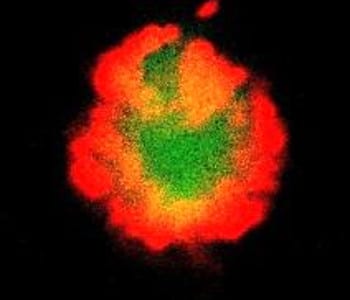

Nair and colleagues demonstrate that a tumor vaccine can be formulated by loading RNA into whole blood cells directly after blood draw.
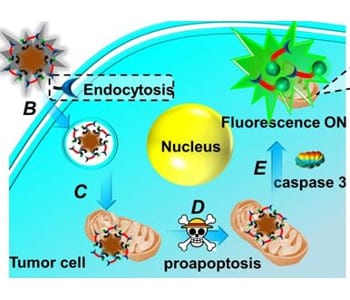
Dr. Xian-Zheng Zhang and co-workers have fabricated a biodegradable chimeric peptide for cancer therapy and real-time apoptosis imaging.
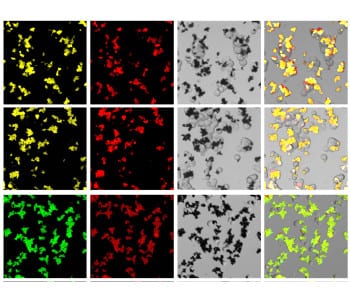
Researchers have reported a new method for detecting cancer cells, using SERS and fluorescence dual-encoded magnetic nanoprobes.
The need to develop biocompatible and biodegradable materials has intensified as the fields of bioengineering and regenerative medicine come of age.
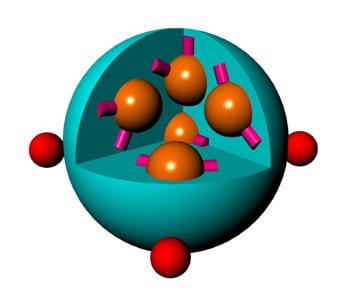
Korean scientists have developed a tumor-targeted, bioreducible nanoparticle system that can deliver cytotoxic anticancer drugs to tumor tissues.
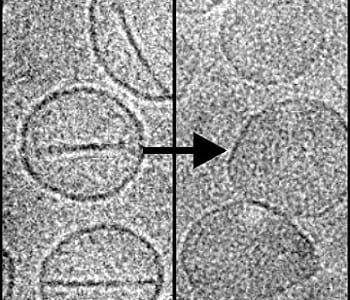
New drug delivery method targets cancer cells – not the entire body – and limits chemotherapy side effects.
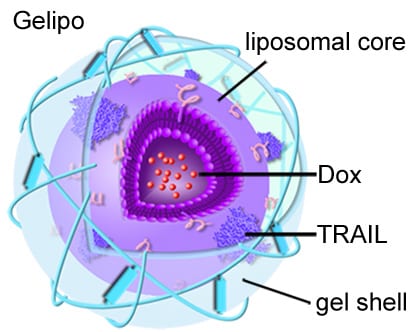
Nanoparticles can carry two different anti-cancer drugs and deliver them to separate parts of the cancer cell where they will be most effective.
Researchers develop polymer-based mucus-penetrating particles (MPP) loaded with paclitaxel, a frontline chemo drug.
Researchers design and develop a novel type of disulfide core-crosslinked polyurethane micelle for anti-cancer drug delivery.
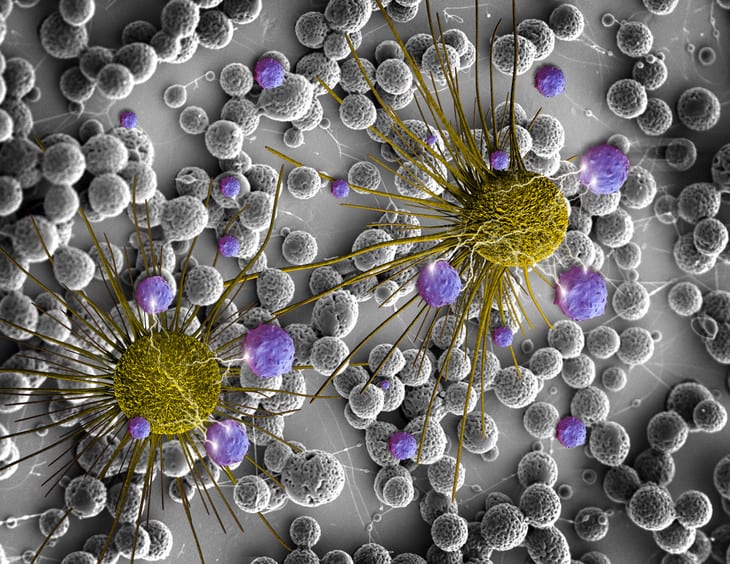
Microcapsules containing a brain cancer drug may simplify treatment and provide more tightly controlled therapy, according to Penn State researchers.